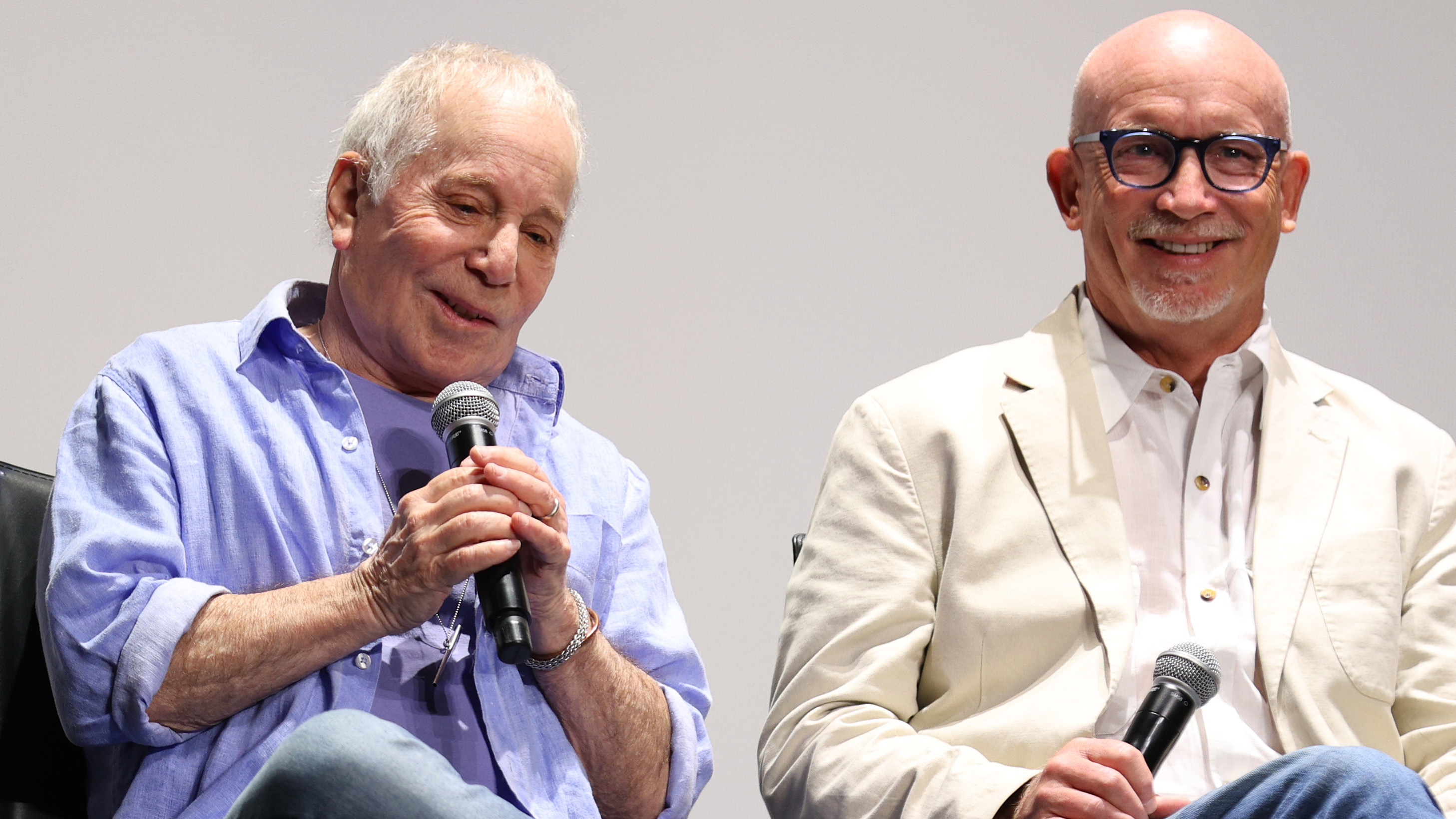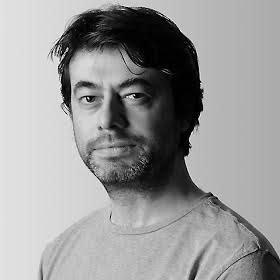“The Sound of Silence was the first song I wrote which seemed to come from some place that I didn’t inhabit”: Paul Simon tells all in a new three-and-a-half-hour documentary
The master singer songwriter is back and despite losing his hearing in one ear, is determined to keep making music

Last year Paul Simon returned to music, releasing his album, Seven Psalms. Now comes a new movie, not only documenting the making of that album but charting his extensive career to date.
“The Sound of Silence was the first song I wrote which seemed to come from some place that I didn’t inhabit,” Simon tells The Guardian. “At age 23, it was unusual, well beyond my age and abilities. Then it happened again throughout my writing. Bridge Over Troubled Water was another song that came mysteriously. So did a lot of Graceland. I wrote Slip Slidin’ Away in 20 minutes – usually, it takes me a couple of months to get a song. There are other examples, like Darling Lorraine, of songs that came from someplace else … A mystery, you could call it.”
2018 marked Simon’s last tour with the presumption at the time being that it was the songwriter’s swansong. “I never said I was going to retire,” the 82-year-old Simon now quietly protests. “I said I was going to stop, which I did. I thought that with that band and the repertoire we were doing we’d developed it as far as we could. It was enjoyable, but I wanted to find out what happens when you stop.”
Then, after some travelling with his wife, the singer Edie Brickell, he “had a dream, and everything changed back to a new version of reality,” he explains.
That dream on 15 January 2019, featured a voice that told him: “You are working on a piece called Seven Psalms.” Over the following weeks and months (and as Covid removed options for enlightenment elsewhere) Simon found himself waking with more lyrics that had come to him in dreams.
To document the making of what was quickly becoming Seven Psalms, Simon invited filmmaker Alex Gibney [right in our picture] to document the process – Gibney being the man behind the lens for documentaries on Wikileaks, disgraced cycling star Lance Armstrong and perhaps most famously Going Clear, his expose on Scientology.
The result is In Restless Dreams: The Music of Paul Simon, a new, three-and-a-half-hour film, out later this month.
Want all the hottest music and gear news, reviews, deals, features and more, direct to your inbox? Sign up here.
And while documenting Simon’s story in full for the first time, the production wasn’t without its own drama. The production of both new album and film were almost thrown into chaos when Simon suddenly lost his ability to hear in his left ear – an event that the new movie clearly documents with Gibney calling Simon “extraordinarily courageous” for allowing filming to continue.
“It was scary, frustrating,” admits Simon. “You’re in denial and then you’re overwhelmed by this change in your life because you now have a disability. But even though it wasn’t pleasurable anymore, I started to think that this was some new information that I needed to absorb into the piece. I started to focus on sounds, not from computers or synthesisers, but acoustic instruments used in unusual ways.”
The movie naturally follows Simon’s first meeting with Art Garfunkel in Parsons Junior High, and their first hit – 1957’s Hey, Schoolgirl released under the name Tom & Jerry – through to Simon’s day job as a songwriter in New York’s Brill Building alongside Carole King.
There’s accounts of Simon playing in English folk clubs in 1964 and 1965 after struggling for gigs back home, a period which not only honed his stage skills as he would be the featured act after “the bingo” but produced the Simon and Garfunkel classic Homeward Bound, written at Widness railway station.
But while Simon and fans proved nothing but forthcoming to Gibney, his bandmate Garfunkel wasn’t so obliging.
“I did talk to Art, but he wouldn’t agree to talk to me with microphones on,” Gibney explains. “Nevertheless, we dug deep into the archives to find some rather pointed remarks from Artie to give a balance. It was delicate and difficult but that was an instance where there was an amount of back and forth between me and Paul. He was willing to dig deeper and go further in terms of talking about it.”
“My mother said to me once: ‘You have a good voice, but Arthur has a fine voice,’” confesses Simon.
Elsewhere there’s footage and memories from 1972’s travels to Jamaica to work with the Maytals (Mother and Child Reunion), 1990’s The Rhythm of the Saints recorded in Brazil, and – most famously – 1986’s travels to South Africa for grammy-winning Graceland. An album that has so far sold 16 million copies.
And while his new hearing loss precludes a new tour – Simon insists he has no interest in delivering “extraordinary stadium spectaculars” – he is still playing acoustically. Two weeks ago he played seven songs at a fundraiser for the Stanford Initiative to Cure Hearing Loss, his longest performance in five years. “I’m hoping to eventually be able to do a full-length concert. I’m optimistic. Six months ago I was pessimistic,” Simon admits.
“I’m interested in relearning how to write songs, like I did in England, and developing new acoustic sounds,” he says. “Maybe I’m something of a lone wolf in that respect. But I’m kinda interested in the conclusion of where my thinking in music finally ends up.”
In Restless Dreams: The Music of Paul Simon begins a UK cinema run on 13 October – a date which is Simon’s 83rd birthday. The documentary will then be available digitally and on Blu-ray from 28 October.
Daniel Griffiths is a veteran journalist who has worked on some of the biggest entertainment, tech and home brands in the world. He's interviewed countless big names, and covered countless new releases in the fields of music, videogames, movies, tech, gadgets, home improvement, self build, interiors and garden design. He’s the ex-Editor of Future Music and ex-Group Editor-in-Chief of Electronic Musician, Guitarist, Guitar World, Computer Music and more. He renovates property and writes for MusicRadar.com.
